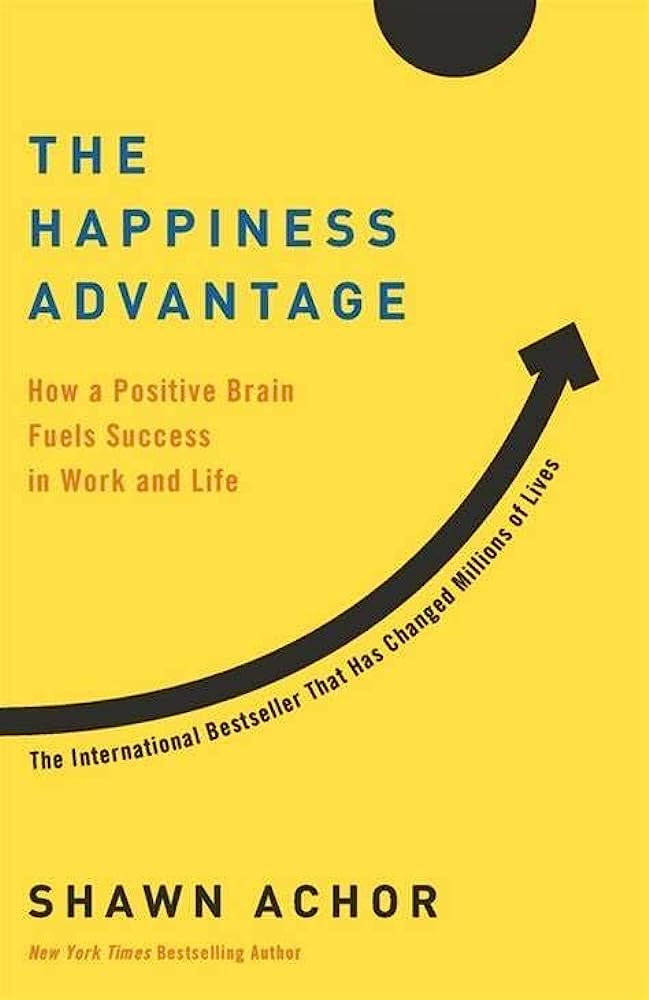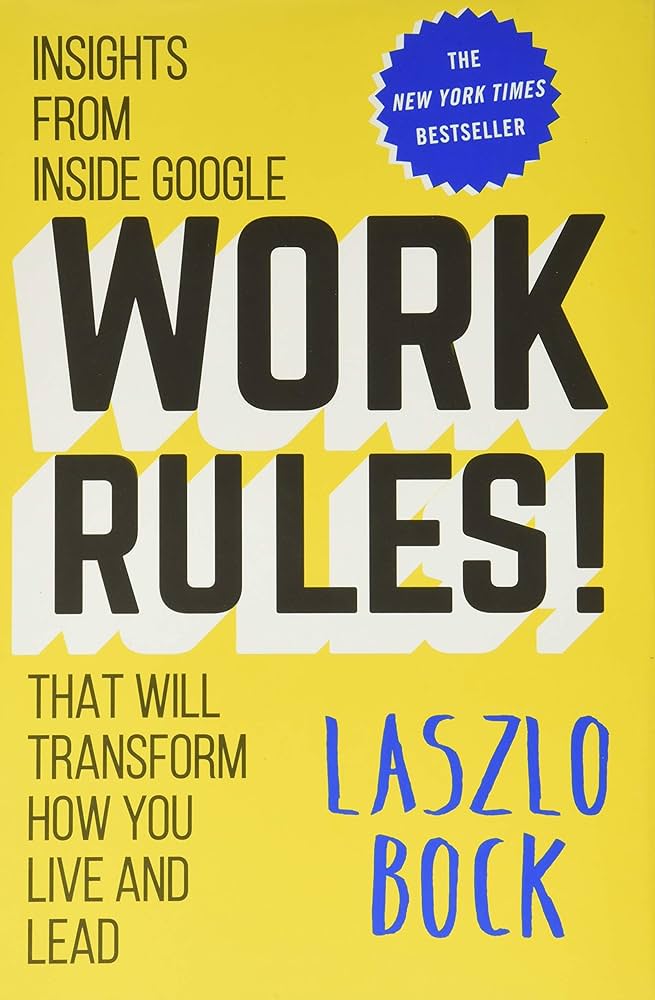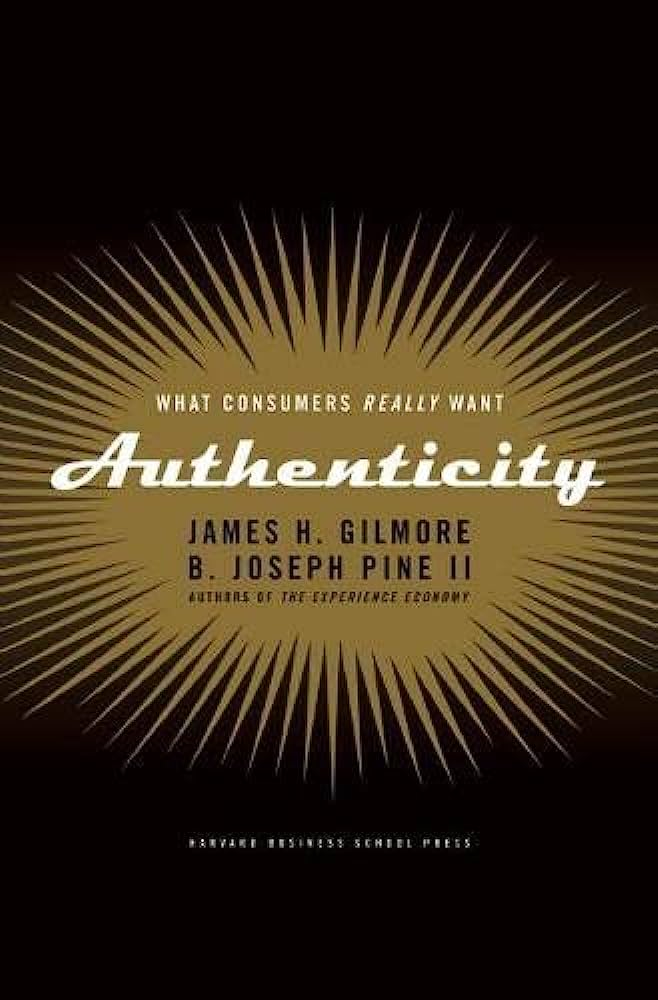The Happiness Advantage: How a Positive Brain Fuels Success in Work and Life
RATING


In this book Shawn Achor tries to put a smile on your face. While that may seem like a joke, it’s actually the basic message of the book. Throughout the book, Achor does a deep dive into the drivers of happiness and how they affect our lives. He builds his theory and methodology off of seven actionable principles which are outlined at the beginning of the book. He then goes on throughout the piece by providing explanations, support and evidence for his avid advocacy of positive mindsets and happiness. Achor is a big advocate of positive psychology. Born and raised in Texas, he studied at Harvard where he subsequently spent another 8 years after undergrad working and researching. He then went on to become an author, motivational speaker, and founder of GoodThink, Inc.
Achor’s focus throughout this book is on the notion that happiness is an achievable mindset for everyone. His seven actionable principles are at the core of his advocacy for positive psychology. The first principle is “The Happiness Advantage” in which Achor argues that happy people are at an inherent advantage, because better morale leads to more success, not the other way around. The second is “The Fulcrum and the Lever” which explains that while you can’t change reality, you can control the mindset with which you interact with reality. The “Tetris Effect” is in third place, and focuses on the fact that pessimism is a habit which can and must be broken. ”Falling Up” is the fourth principle which is useful in the face of crises, meaning that the goal shouldn’t be to pity yourself and stay down but find a path forward to a place of strength. The fifth principle is “The Zorro Circle” that encourages to limit your focus to small, manageable goals to gain greater control and power over yourself. His sixth principle, “The 20 Second Rule” advocates forming good habits that make it easy to do the right thing leading to success. And finally, his seventh principle “Social Investment” discusses valuing and cherishing the family and friends around you as your social net doubles as your safety net.
This book is a feel-good read. It’s designed to uplift your spirits, and let you know that you can do anything you want to do, and if you shift your mindset and become more positive, success generally follows. Achor is definitely successful at one thing he advocates for, and that’s putting a smile on your face and lifting your mood. His stories from speaking to a range of people from Management executives to school children in Africa are engaging and interesting.
While this book has a lot of feel good stories and can put a smile on your face, there are flaws. A glaring example is Achors disdain for the potential of nature playing a part in success. His position is 100% nurture-driven. He never tries to holistically approach the topic, but rather talks about predispositions to which we expose ourselves while nurturing which then dictate our levels of happiness among other things. Don’t get this wrong, there are a lot of useful skills and perspectives to be taken from this book, but when it comes down to it, you do need to be genetically gifted to be an Olympic level athlete, or win the Nobel prize in Mathematics, and there’s no way around that.
In the book that inspired one of the most popular TED Talks of all time, New York Times bestselling author Shawn Achor reveals how rewiring our brain for happiness helps us achieve more in our careers and our relationships and as students, leaders, and parents.
Conventional wisdom holds that once we succeed, we’ll be happy; that once we get that great job, win that next promotion, lose those five pounds, happiness will follow. But the science reveals this formula to be backward: Happiness fuels success, not the other way around.
Research shows that happy employees are more productive, more creative, and better problem solvers than their unhappy peers. And positive people are significantly healthier and less stressed and enjoy deeper social interaction than the less positive people around them.
Drawing on his original research—including one of the largest studies of happiness ever conducted—and work in boardrooms and classrooms across forty-two countries, Achor shows us how to rewire our brains for positivity and optimism to reap the happiness advantage in our lives, our careers, and even our health. His strategies include:
- The Tetris Effect: how to retrain our brains to spot patterns of possibility so we can see and seize opportunities all around us
- Social Investment: how to earn the dividends of a strong social support network
- The Ripple Effect: how to spread positive change within our teams, companies, and families
By turns fascinating, hopeful, and timely, The Happiness Advantage reveals how small shifts in our mind-set and habits can produce big gains at work, at home, and elsewhere.
This book can be useful for anyone looking to emotionally improve themselves. At the end of the day it is a self-help book which is designed to illicit positive action from the reader within their own lives to become happier. Achor provides useful insights into what we need to concisely focus on to improve our personal happiness levels.
See content on this topic


Sales training for front line along with basic development and coaching principles for line management.
Understanding how leaders must evolve with relation to the evolution of business models, new management models, and the significant changes to the workforce with Digital Natives now making up more than 50% of the workforce globally.
Understand the theory and mechanics of developing and managing a customer-centric and experience-driven corporate culture that is consistent and stable and includes elements of Employee Experience (EX) and Employee Relationship Management (ERM).
Understanding the evolution of leadership styles, management models, organizational structures, performance measurement and guiding change in the evolution of business models from product-centric to customer-centric and even relationship-centric.
Understand how to manage both internal and external digital transformation while considering the landscape for digital business models and the effect on traditional business models. Understanding organizational readiness for transformation and the role of corporate culture in managing transformations.
The changes in consumer behavior, employee behavior, and the evolution of business models in the digital age cause significant difficulties and imperatives for leaders who must develop new skills and evolve their leadership styles to be effective in this fast changing, challenging, and competitive environment.




 Copy Link
Copy Link
 E-mail
E-mail
 LinkedIn
LinkedIn
 Facebook
Facebook
 Telegram
Telegram
 WhatsApp
WhatsApp















 Go Back
Go Back
Leave a Reply
You must be logged in to post a comment.